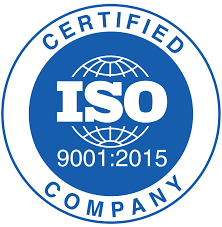What does it mean if a company is ISO 9001 certified?
Understanding ISO 9001 certification can seem daunting. But what does it actually signify when a company holds this certification?
Being ISO 9001 certified means that a company adheres to the criteria for a quality management system set by the International Organization for Standardization (ISO). It ensures that the company consistently provides products and services that meet customer and regulatory requirements, thus improving customer satisfaction.
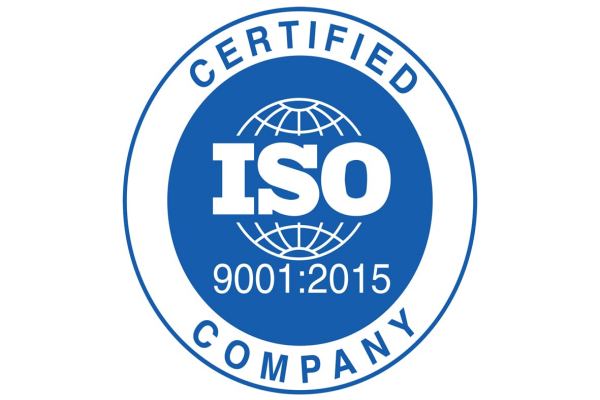
ISO 9001 is part of the ISO 9000 family of standards[^1], which deals specifically with quality assurance and management principles. A company achieving ISO 9001 certification[^2] demonstrates its commitment to rigorous quality control standards, enhancing efficiency and boosting customer confidence. For customers and partners, it’s an assurance of the company’s dedication to maintaining high-quality practices and continuous improvement.
How to be ISO 9001:2015 certified?
Navigating the certification process might feel complicated. How does one achieve ISO 9001:2015 certification?
To attain ISO 9001:2015 certification[^3], a company must develop and document a quality management system that meets the standard's requirements. The company needs to implement the system, perform internal audits, and engage an accredited certification body to audit the system and issue the certification.
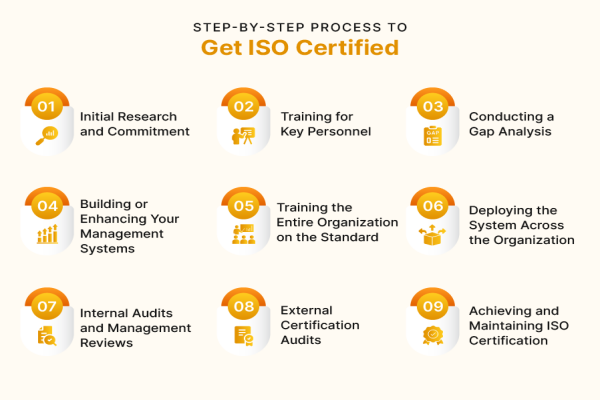
Understanding the detailed steps toward certification can aid in structuring the journey more efficiently. It begins with designing a quality management system[^4] (QMS) tailored to the company's processes. Documentation of processes is essential, as is training personnel to follow and maintain these documents. Internal audits identify areas needing improvements before an external review by a certifying body officially confirms compliance. Consistently revisiting and updating practices helps sustain the certification.
Who needs to be ISO 9001 certified?
While some businesses thrive without formal certifications, who truly benefits from ISO 9001 certification?
ISO 9001 certification[^5] is ideal for any organization regardless of size or industry aiming to improve customer satisfaction, streamline operations, and gain market trust. It is particularly beneficial for companies that wish to enhance their quality management practices[^6], penetrate new markets, or fulfill customer demands.
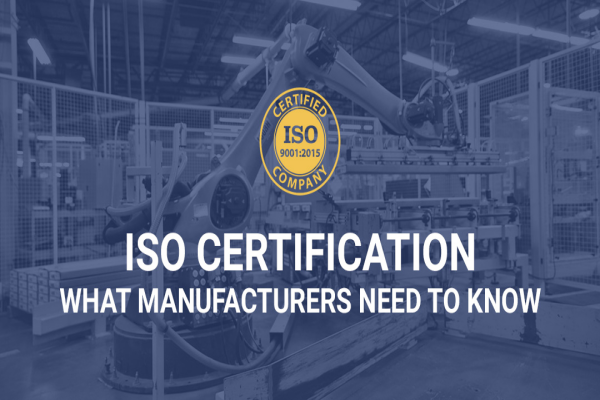
The benefits of certification extend greatly into sectors reliant on high-quality standards like manufacturing, healthcare, education, and more. These organizations use ISO 9001 as a blueprint for improving process efficiency, product consistency, and legal compliance, often leading to increased customer satisfaction. While not always mandatory, sectors with high competition or specific client compliances may find certification crucial for gaining competitive advantages and fulfilling partner requirements.
How much does it cost to get ISO 9001:2015 certified?
Cost considerations are crucial for any business decision. What's the investment for ISO 9001:2015 certification?
The cost of ISO 9001:2015 certification[^7] varies depending on the size and complexity of the company, the current management systems in place, and the chosen certification body. Generally, expenses include training, preparation, audits, and any necessary improvements to comply with the standard.
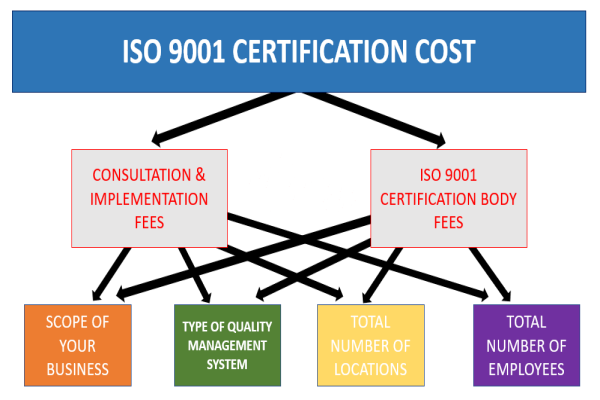
Initial costs might seem high, incorporating training, development, and potential consultations to fix gaps in compliance. However, these investments lead to efficient processes, reduced waste, and greater business opportunities. The long-term financial benefits often outweigh initial costs, offering returns through higher customer satisfaction[^8] and potential market expansions. Having a clear initial plan can prevent overspending and aid in smoother financial management during the process.
---## How long does it take to get ISO 9001 certification?
Timeframes influence project planning significantly. How long is required for ISO 9001 certification?
Achieving ISO 9001 certification typically takes anywhere from 6 months to 2 years, depending on factors such as the size of the organization, existing processes, and resources dedicated to the preparation. Detailed planning, documentation, and compliance audits[^9] are essential parts of this timeline.
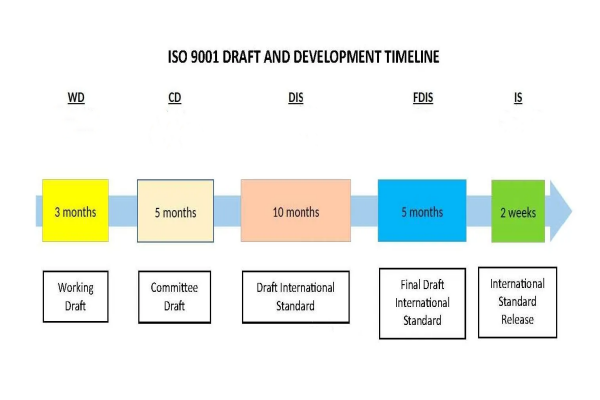
Firms starting from scratch may need more time to align their practices with ISO requirements, perform internal audits, and implement necessary changes. Proactive planning and existing protocol compliance pave the way for a streamlined certification process. By setting realistic milestones and closely monitoring each phase, organizations can steadily progress toward certification within a reasonable timeline.
Firms starting from scratch may need more time to align their practices with ISO requirements, perform internal audits, and implement necessary changes. Proactive planning and existing protocol compliance pave the way for a streamlined certification process. By setting realistic milestones and closely monitoring each phase, organizations can steadily progress toward certification within a reasonable timeline.
Conclusion
ISO 9001 certification[^10] enhances customer satisfaction, fits any organization striving for quality, entails variable costs, and requires an organized, time-committed effort to achieve.
How long does it take to get ISO 9001 certification?
Timeframes influence project planning significantly. How long is required for ISO 9001 certification?
Achieving ISO 9001 certification typically takes anywhere from 6 months to 2 years, depending on factors such as the size of the organization, existing processes, and resources dedicated to the preparation. Detailed planning, documentation, and compliance audits are essential parts of this timeline.

Firms starting from scratch may need more time to align their practices with ISO requirements, perform internal audits, and implement necessary changes. Proactive planning and existing protocol compliance pave the way for a streamlined certification process. By setting realistic milestones and closely monitoring each phase, organizations can steadily progress toward certification within a reasonable timeline.
Conclusion
ISO 9001 certification enhances customer satisfaction, fits any organization striving for quality, entails variable costs, and requires an organized, time-committed effort to achieve.
[^1]: Discover the ISO 9000 family of standards and how they relate to quality assurance and management principles. [^2]: Explore this link to understand the importance of ISO 9001 certification for businesses and how it impacts quality management. [^3]: Find detailed steps and guidelines for achieving ISO 9001:2015 certification to enhance your organization's quality management. [^4]: Learn about quality management systems and their benefits for organizations, ensuring efficiency and customer satisfaction. [^5]: Explore how ISO 9001 certification can enhance your business's quality management and customer satisfaction. [^6]: Learn effective strategies to enhance quality management practices and boost operational efficiency. [^7]: Understand the various factors affecting ISO 9001:2015 certification costs to make informed financial decisions. [^8]: Discover the link between ISO 9001 certification and increased customer satisfaction for your business. [^9]: Learn about compliance audits and their role in ISO 9001 certification to ensure your organization is prepared and meets all necessary standards. [^10]: Explore this link to understand the detailed steps and requirements for achieving ISO 9001 certification, ensuring your organization meets quality standards.
